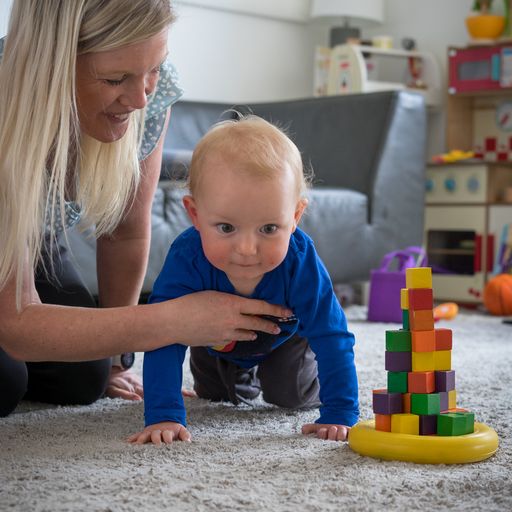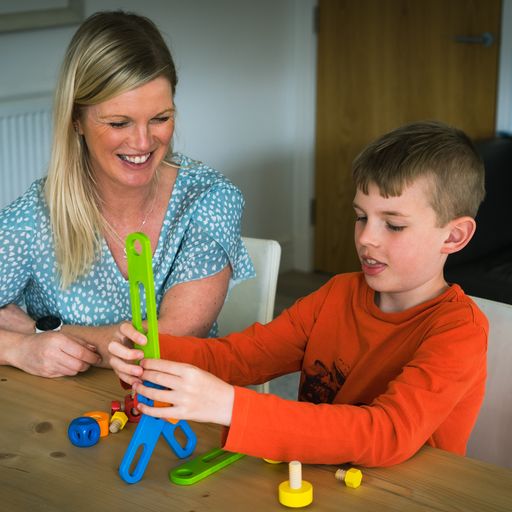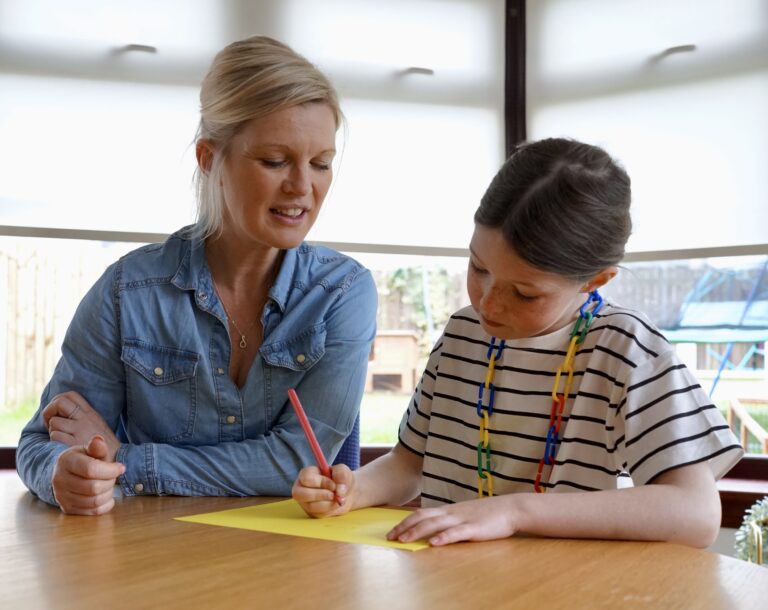Development Co-Ordination Disorder ( DCD ) / Dyspraxia
Occupational therapist can be a key support for children with DCD or with a presentation similar to Dyspraxia.

Please download this free brochure of advice to get you started in supporting your child right away.
How Can a Paediatric Occupational Therapy help a child with DCD ?
Developmental Coordination Disorder (DCD), sometimes known as dyspraxia, affects a child’s ability to plan and coordinate physical movements. This can make everyday tasks like writing, dressing, or playing sports more difficult. I support children with DCD by fully assessing the challenges and then developing a program of activities to support develop of motor skills and build confidence. Here’s how I can help :
1. Improving Fine Motor Skills
Children with DCD often struggle with tasks that require precise hand movements. We work on skills like:
Holding and using a pencil
Cutting with scissors
Buttoning, zipping, and using utensils
I use fun, targeted activities to strengthen hand muscles, improve coordination, and make fine motor tasks easier and more automatic.
2. Supporting Gross Motor Coordination
Balance, posture, and whole-body movement can also be affected in DCD. I use play-based activities to help improve:
Core strength and stability
Balance and body awareness
Coordination for sports and playground games
3. Developing Motor Planning and Sequencing
Children with DCD may know what they want to do but have trouble figuring out how to do it. I support motor planning—helping children break down tasks, organise their actions, and learn step-by-step processes for everyday activities.

4. Building Independence in Daily Routines
Simple tasks like getting dressed, brushing teeth, or packing a school bag can be overwhelming for children with DCD. I teach strategies, provide visual supports, and adapt tasks so children can be more successful and independent.
5. Boosting Confidence and Participation
Children with DCD may feel frustrated, anxious, or avoid activities altogether due to low confidence. My sessions are designed to be positive and encouraging, helping children build confidence and resilience.

6. Collaborating with Families and Schools
I work closely with parents and teachers to support children across all environments. This may include modifying classroom tasks, using assistive tools or building in routines that reduce stress around homework and transitions.
Together, we can help them shine
Reach out for an assessment and let’s partner to foster your child’s confidence, one thoughtful step at a time.
